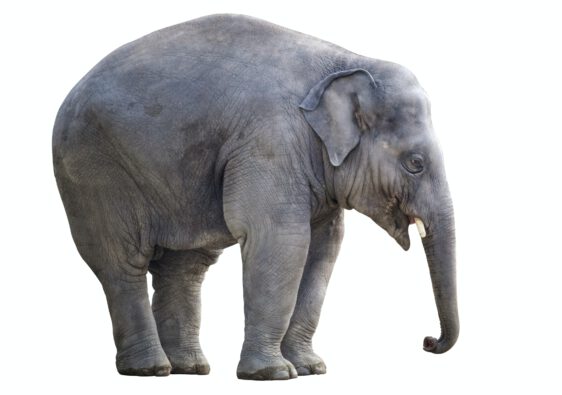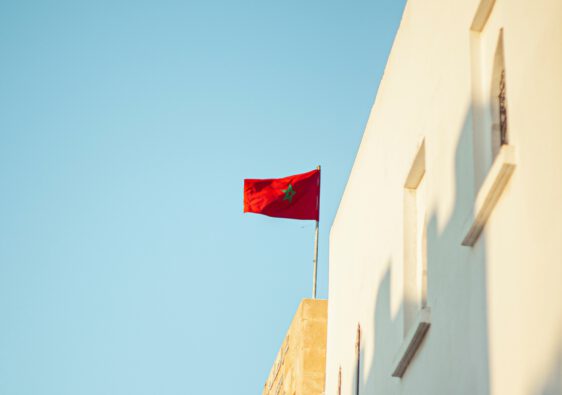Storytelling is a revered tradition across the globe, with each culture weaving its own unique threads into the tapestry of oral narratives. In Morocco, storytelling is not just a pastime but a vibrant, living tradition that maintains the pulse of history, culture, and moral philosophy through generations. This post delves into the enchanting world of Moroccan storytelling, exploring the various settings and occasions where these tales unfold, and unveiling the rich purposes they serve.
The Settings of Moroccan Storytelling
In the Home
In Moroccan households, storytelling is often a familial affair. During family gatherings, stories permeate the air, with elders sharing tales that spark the imagination of younger members. These narratives are often laced with lessons of life, intended to pass on wisdom and tradition within the comforting walls of the home.
Public Squares
Perhaps the most iconic of public storytelling venues is Marrakech’s Jama’ L’Fna square. Here, storytellers, known as ‘halaiqui,’ gather crowds, weaving tales that transport listeners to times of myth and legend. The square buzzes with the rhythm of spoken words, as storytellers animate their narratives with gestures and expressions, making the experience unforgettable.
Cafés and Community Centers
Storytelling extends into cafés and community centers, where people congregate to unwind and socialize. These spaces become stages for storytellers who recount both contemporary tales and ancient anecdotes, reinforcing social ties and communal identity.
Occasions for Storytelling
Daily Rituals
In Morocco, no day is too ordinary for a story. Conversations over tea can turn into storytelling sessions where anecdotes are shared. These stories are spontaneous, sprouting during daily interactions, serving as both entertainment and a bridge to Moroccan heritage.
Festivals and Celebrations
Festivals like the Imilchil Marriage Festival are prime occasions for storytelling. These events are imbued with narratives that celebrate Moroccan customs, with storytellers playing a crucial role in festivity proceedings, their tales enhancing the communal spirit.
Special Events
Life milestones such as weddings and births, and even somber occasions like funerals, are marked by stories. These narratives honor the past, celebrate the present, and offer blessings for the future, showing the deep emotional and cultural significance of storytelling in Moroccan life.
Purposes of Storytelling in Moroccan Culture
Entertainment
First and foremost, Moroccan stories captivate and entertain. They are performed with skill, often incorporating humor, suspense, and wisdom, ensuring that the heart and mind are equally engaged.
Moral and Ethical Lessons
Many Moroccan tales are didactic, imbued with lessons on virtue, morality, and the complexities of human nature. These stories often conclude with a moral, leaving listeners with reflections on right and wrong.
Preserving History and Heritage
Storytelling in Morocco acts as a vessel for cultural preservation, carrying the beliefs, practices, and experiences of ancestors forward into the present day. Each tale is a thread in the larger fabric of Moroccan history and identity.
Moroccan storytelling is more than just a form of entertainment; it is a powerful tool for education, a repository for communal memory, and a celebration of cultural identity. As we continue to tell and listen to these stories, we keep the rich oral heritage of Morocco alive, connecting generations and fostering a deeper understanding of our world.






